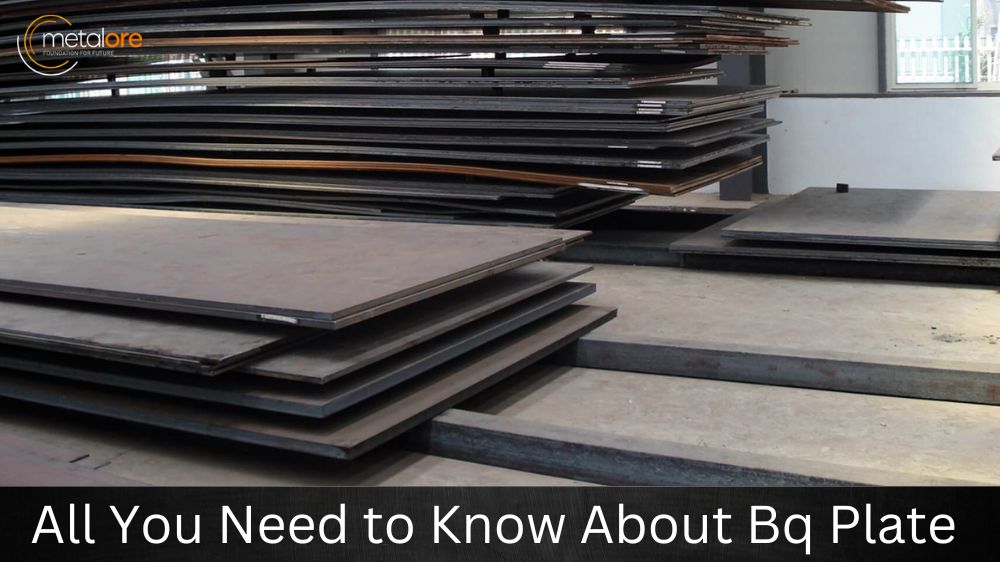If you’re in the construction, building, or engineering industry, you might have encountered the term BQ plates. This type of steel plate is widely used in various applications, especially in manufacturing boilers, pressure vessels, and pressure pipes. BQ Plate, also known as Boiler Quality Plates, is made of high-quality carbon steel, ideal for withstanding high temperatures and pressures. In this blog post, we’ll provide you with all the information you need to know about BQ Plates.
What is BQ Plate?
BQ Plate is a type of steel plate that is used in manufacturing boilers and pressure vessels. The mechanical and chemical properties of BQ Plate make it ideal for use in high-temperature and high-pressure applications. The steel plate is carbon steel and graded based on its tensile strength, yield strength, and elongation.
Uses of BQ Plate:
Construction and mining equipment often use BQ Plates, a type of wear plate, due to their durable steel alloy construction. Able to resist heavy loads, abrasive materials, and extreme temperatures, these plates are perfect as liners for earth-moving equipment, crushers, conveyors, draglines, trucks, and other machinery requiring robust protection against harsh environments. They also effectively line roadways, walkways, and reinforce walls.In short, BQ Plates offer reliable protection in demanding conditions by providing robust support with minimal maintenance required.
Types of BQ Plate
BQ Plates comes in different grades and specifications. The most common grades are ASTM A516, Grade 60 and Grade 70. These grades are widely used in the manufacturing of boilers and pressure vessels. Other grades of BQ Plate include ASTM A 537 Class 1, Class 2 and Class 3, and ASTM A612.
Properties of BQ Plate
BQ plate (or Boiler Quality Plate) is typically made of carbon steel and is created for use in girder bridges, boiler shells, tanks and storage containers. The properties of BQ plates include
- high mechanical strength,
- excellent toughness even at cryogenic temperatures,
- good weldability with conventional methods and superior cold-forming properties.
It also has a higher resistance to corrosion than other structural steels due to its chemical composition.
Advantages
BQ plates offer several advantages, making them the preferred choice for many purposes. These materials are both lightweight and strong, offering corrosion resistance and even heat conduction. They boast superior thermal insulation properties, are easy to clean and maintain, and demonstrate enough durability for repeated reuse. Additionally, these plates are recyclable and environment-friendly. All these benefits make BQ plates a great choice for cuisine preparation.
Conclusion:
In conclusion, BQ Plates is an excellent choice for various applications that require high-temperature and high-pressure resistance. The steel plate is available in different grades and specifications to meet the specific needs of different industries. By understanding the properties and advantages of BQ Plates, engineers and fabricators can make informed decisions when selecting materials for their projects. Whether you’re in the construction, building, or engineering industry, BQ Plates is an excellent choice for your manufacturing needs.

